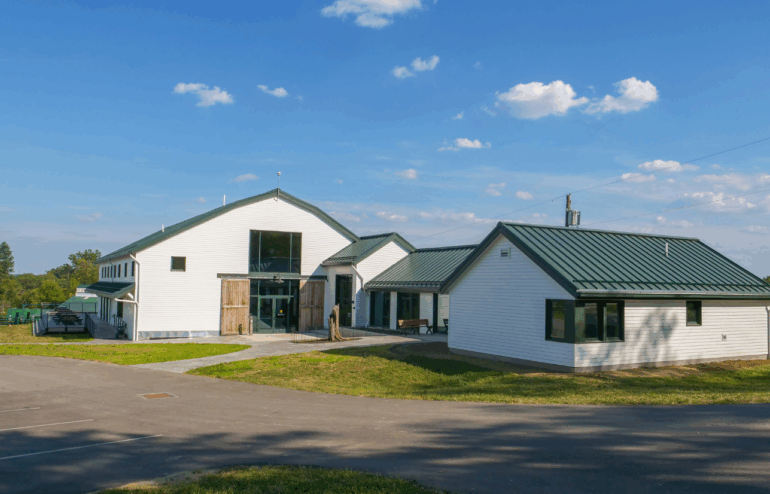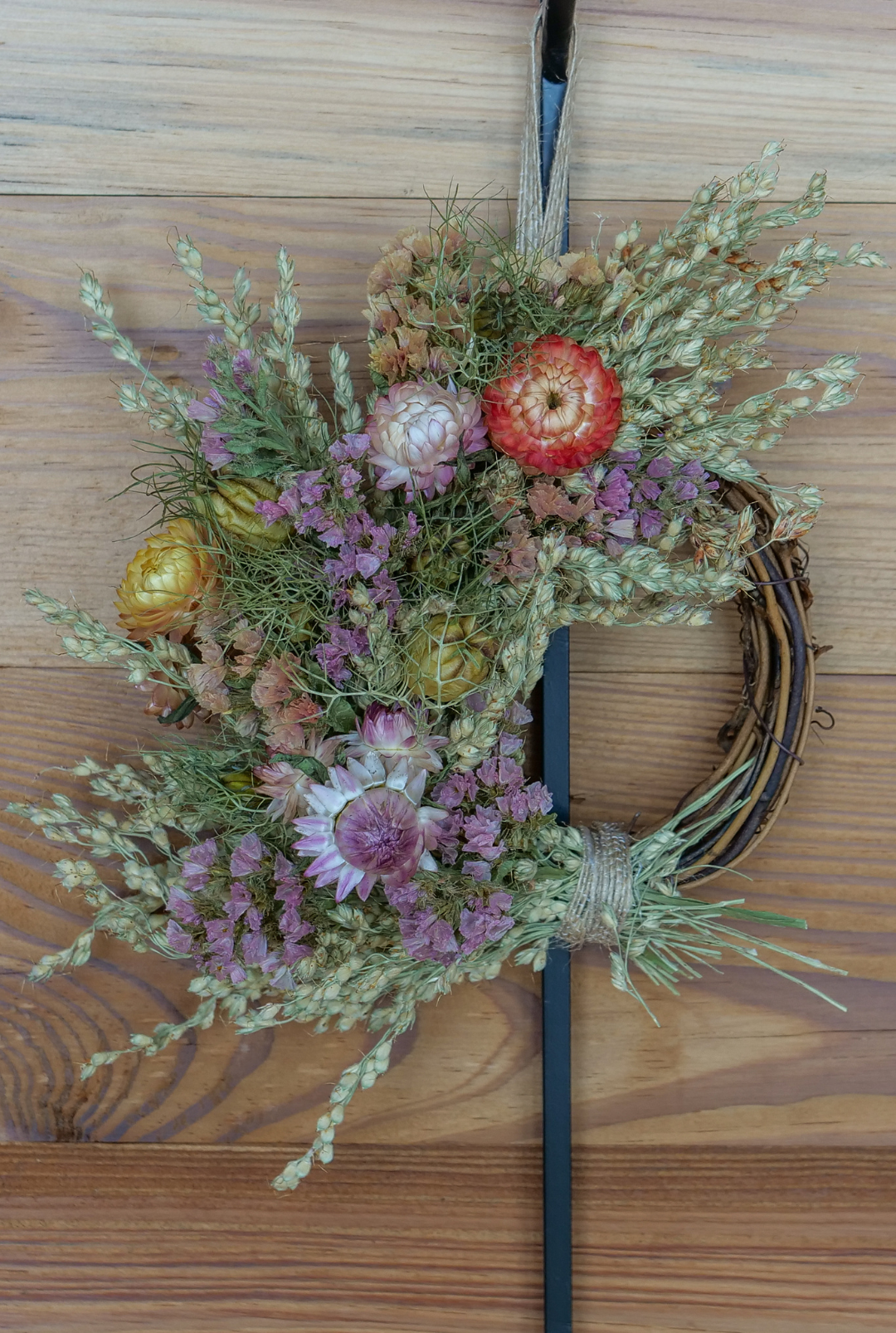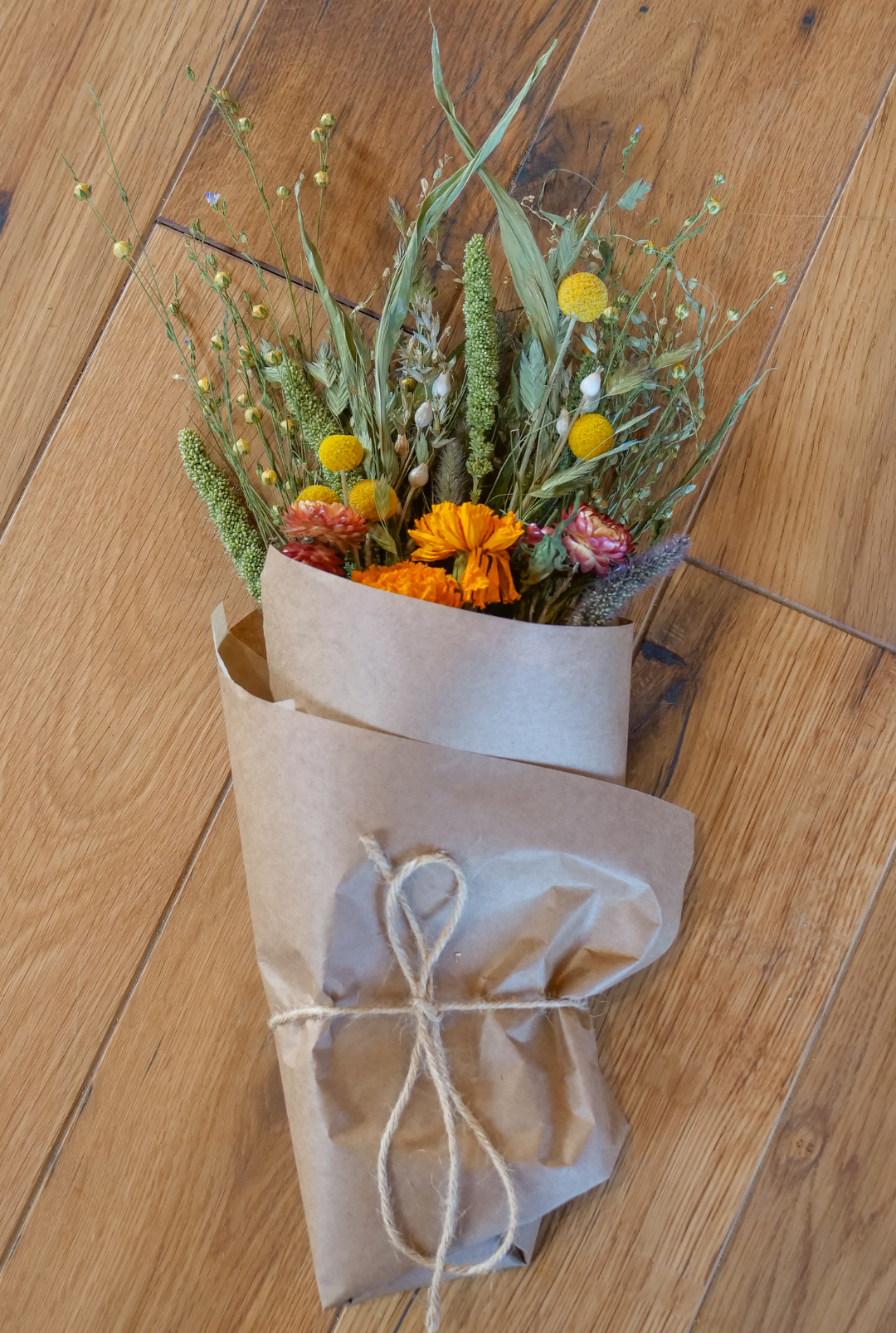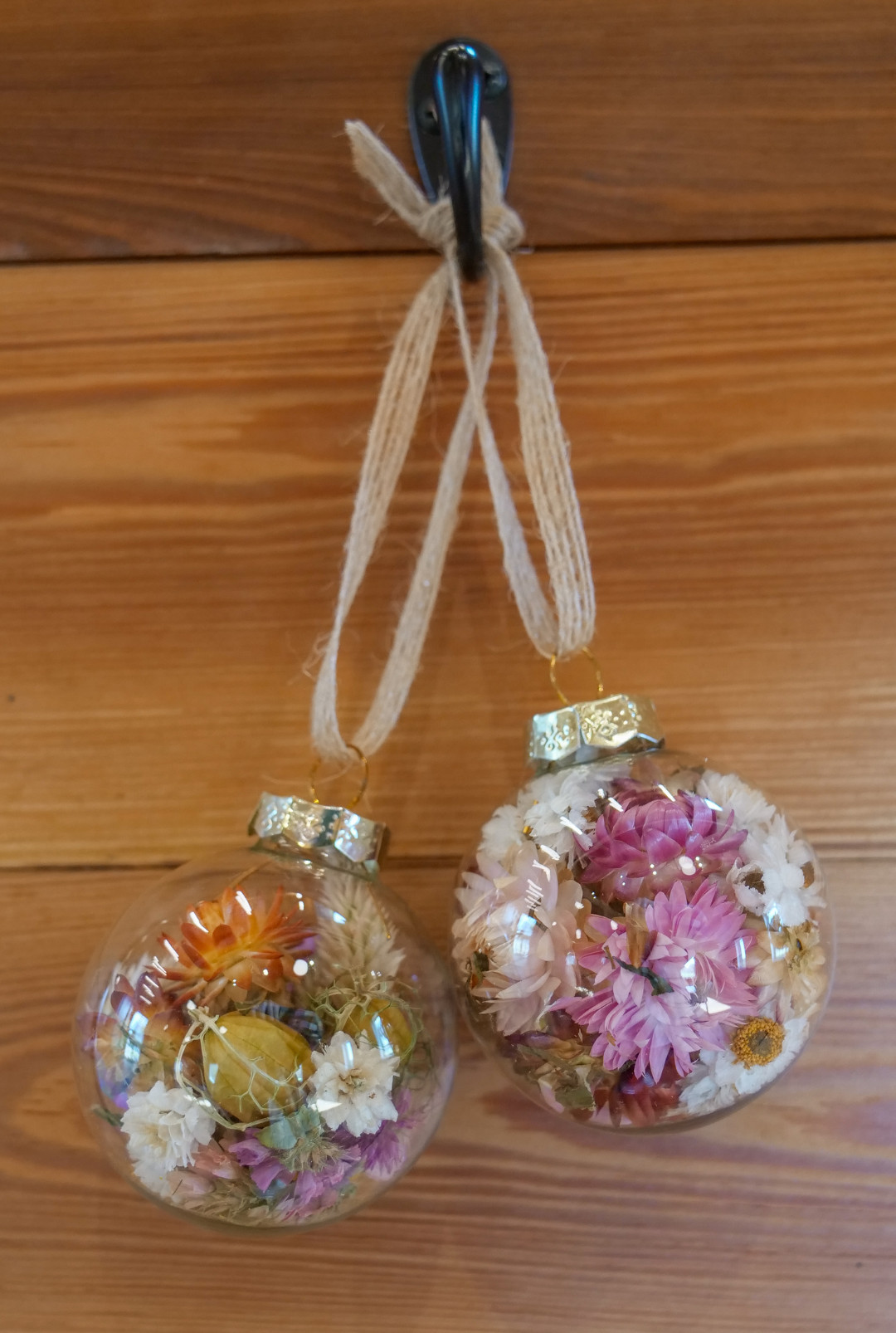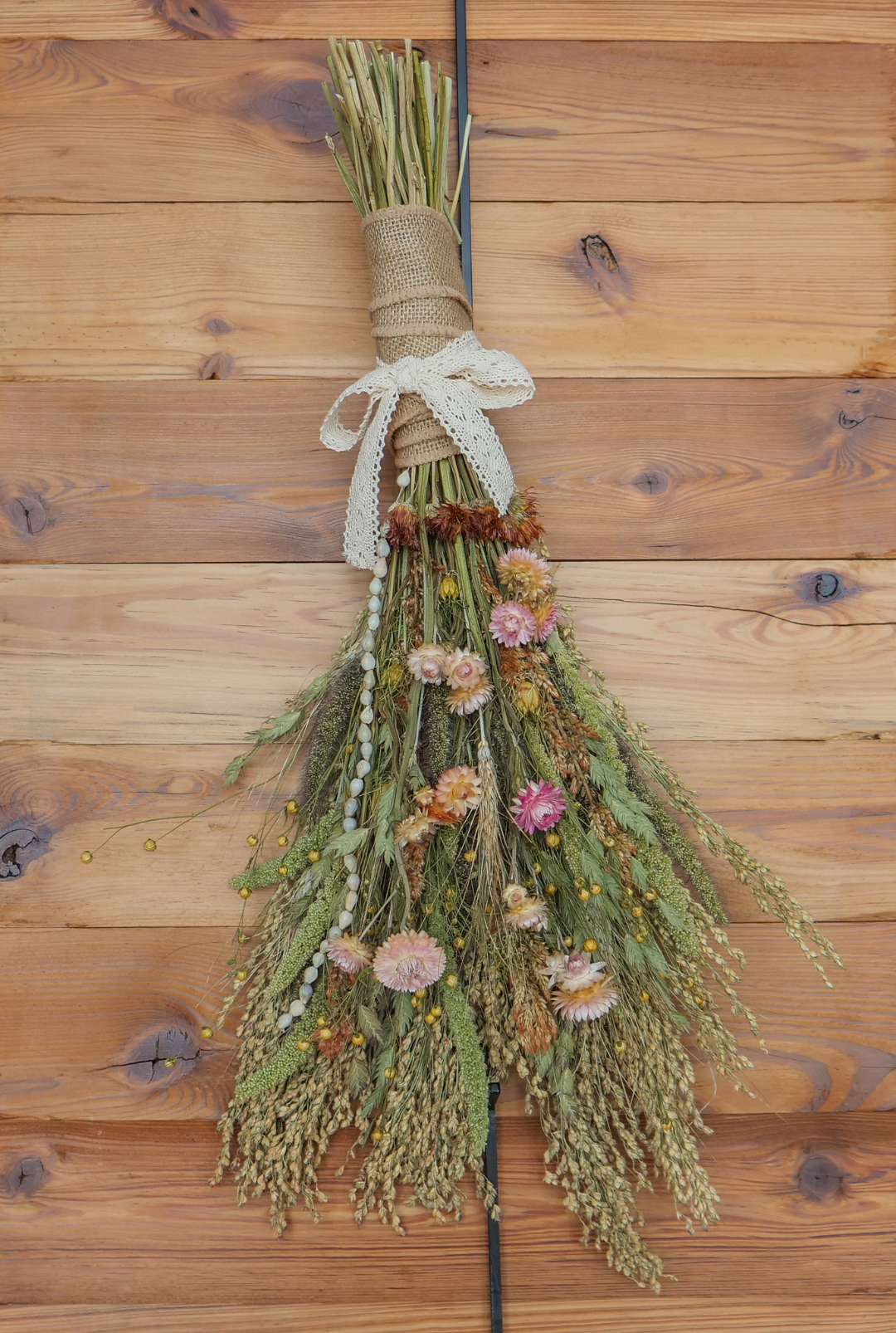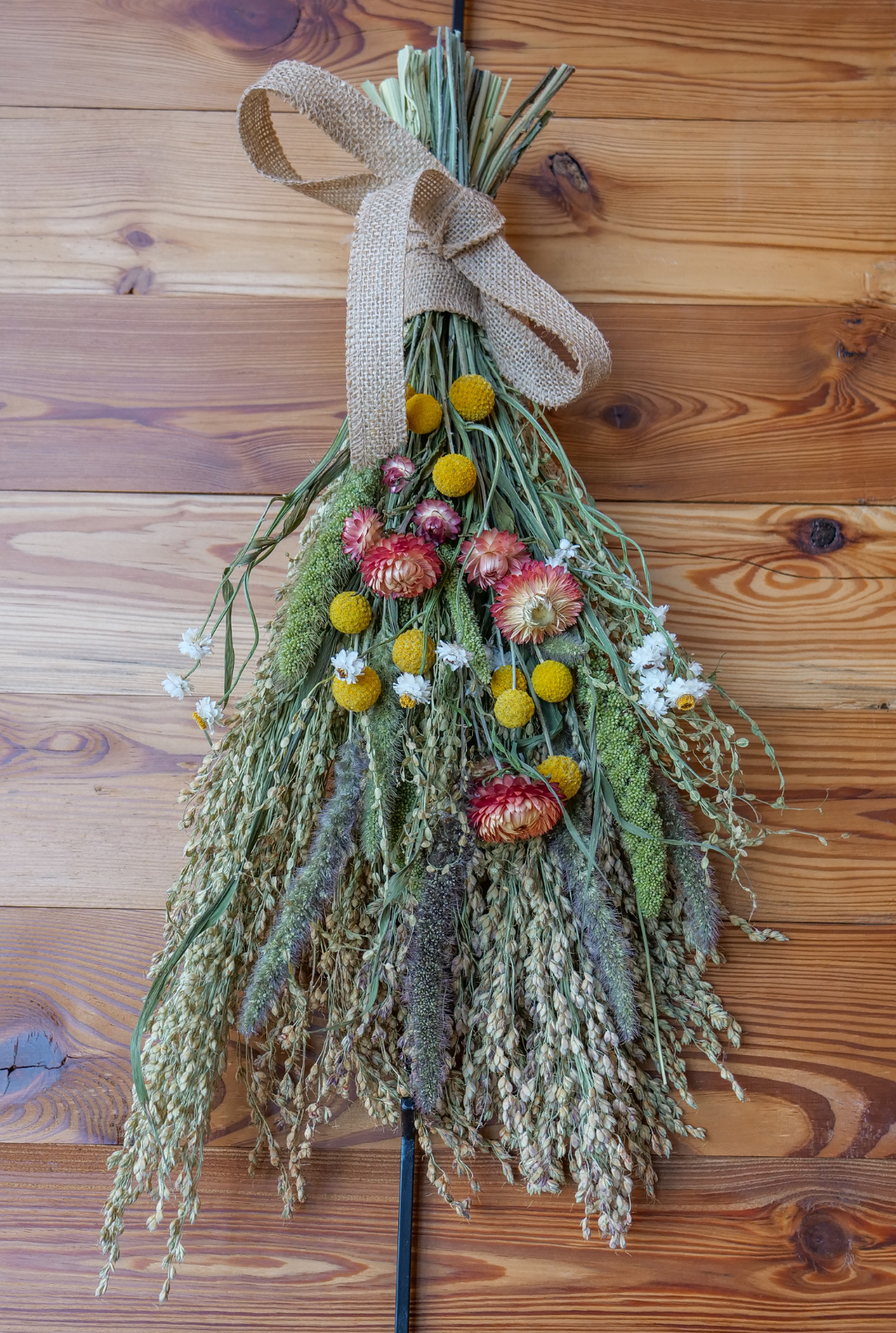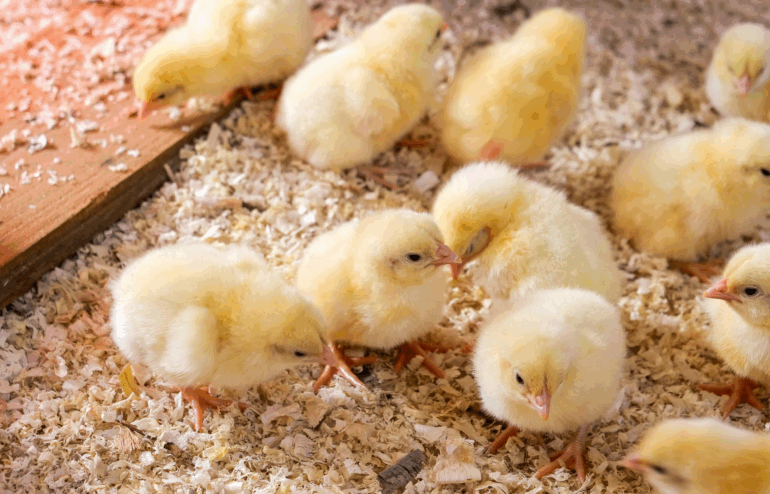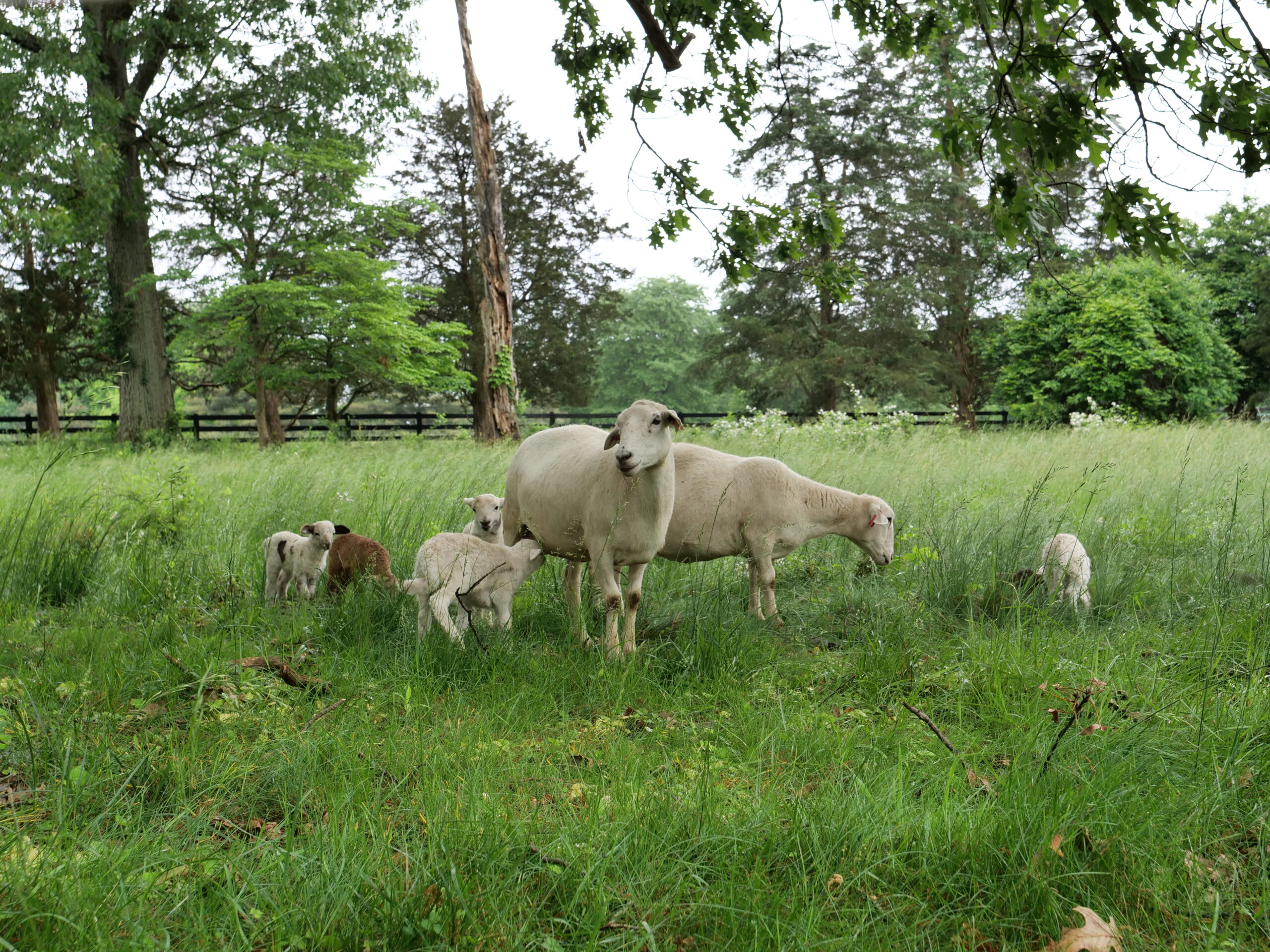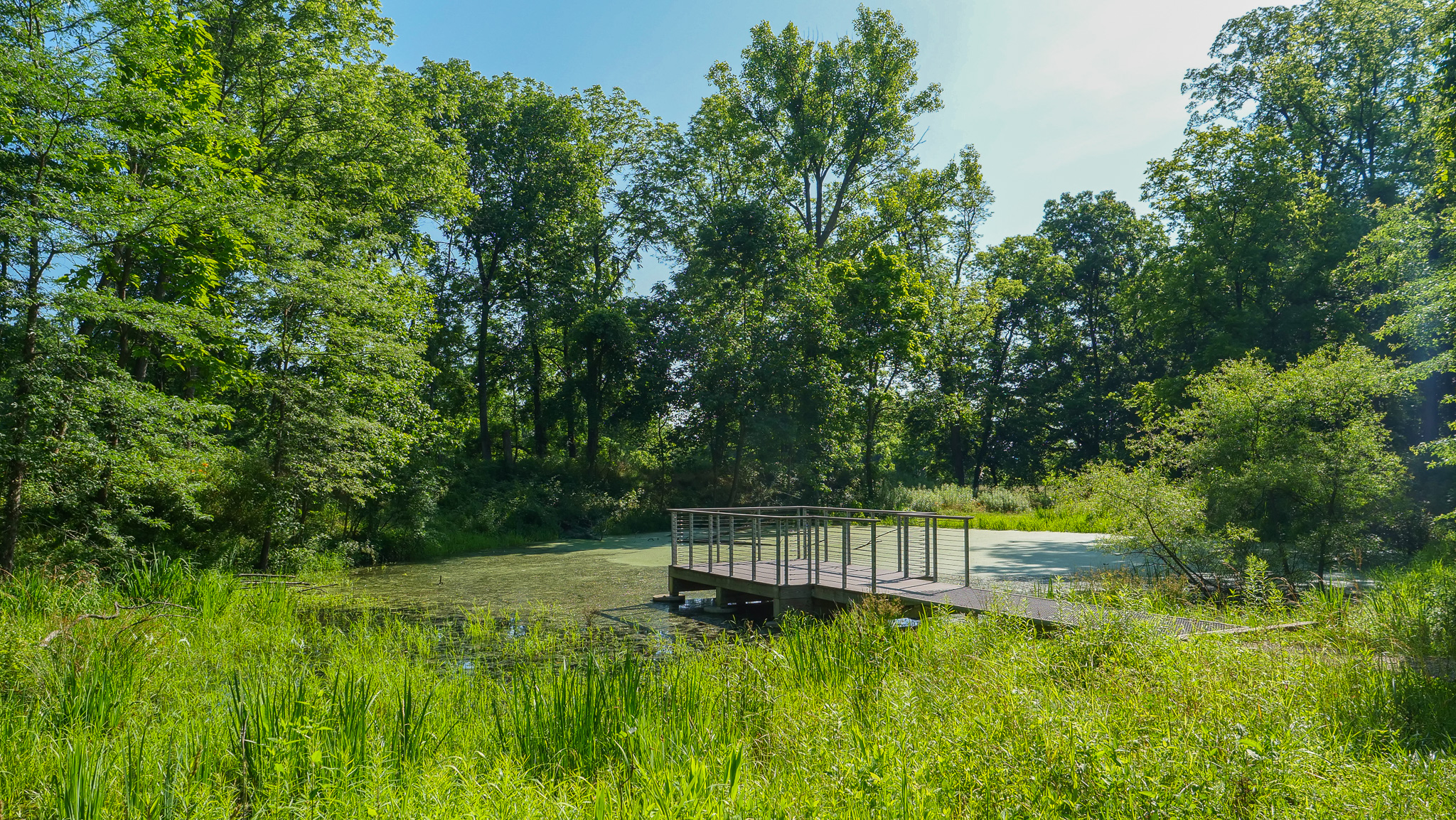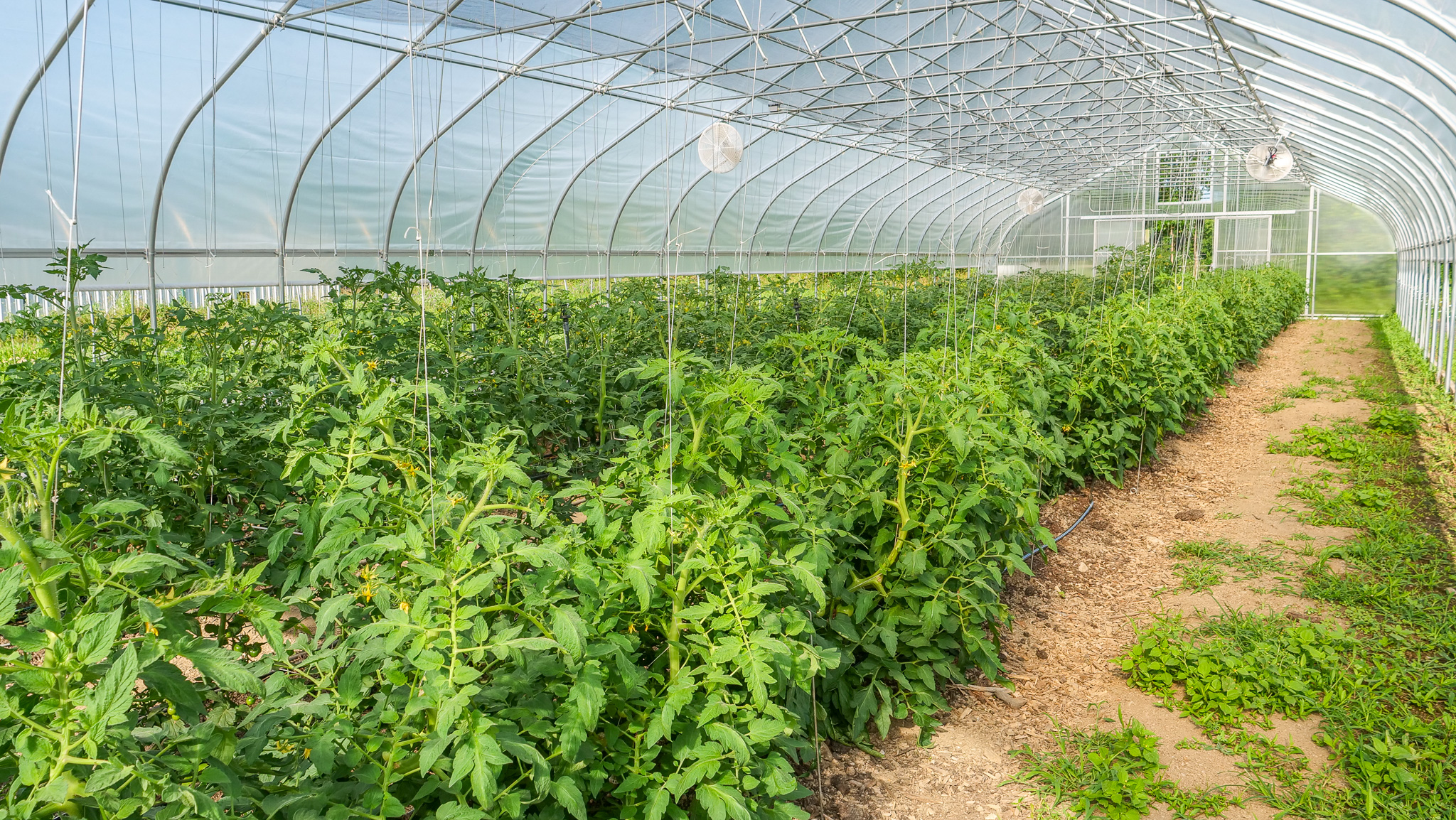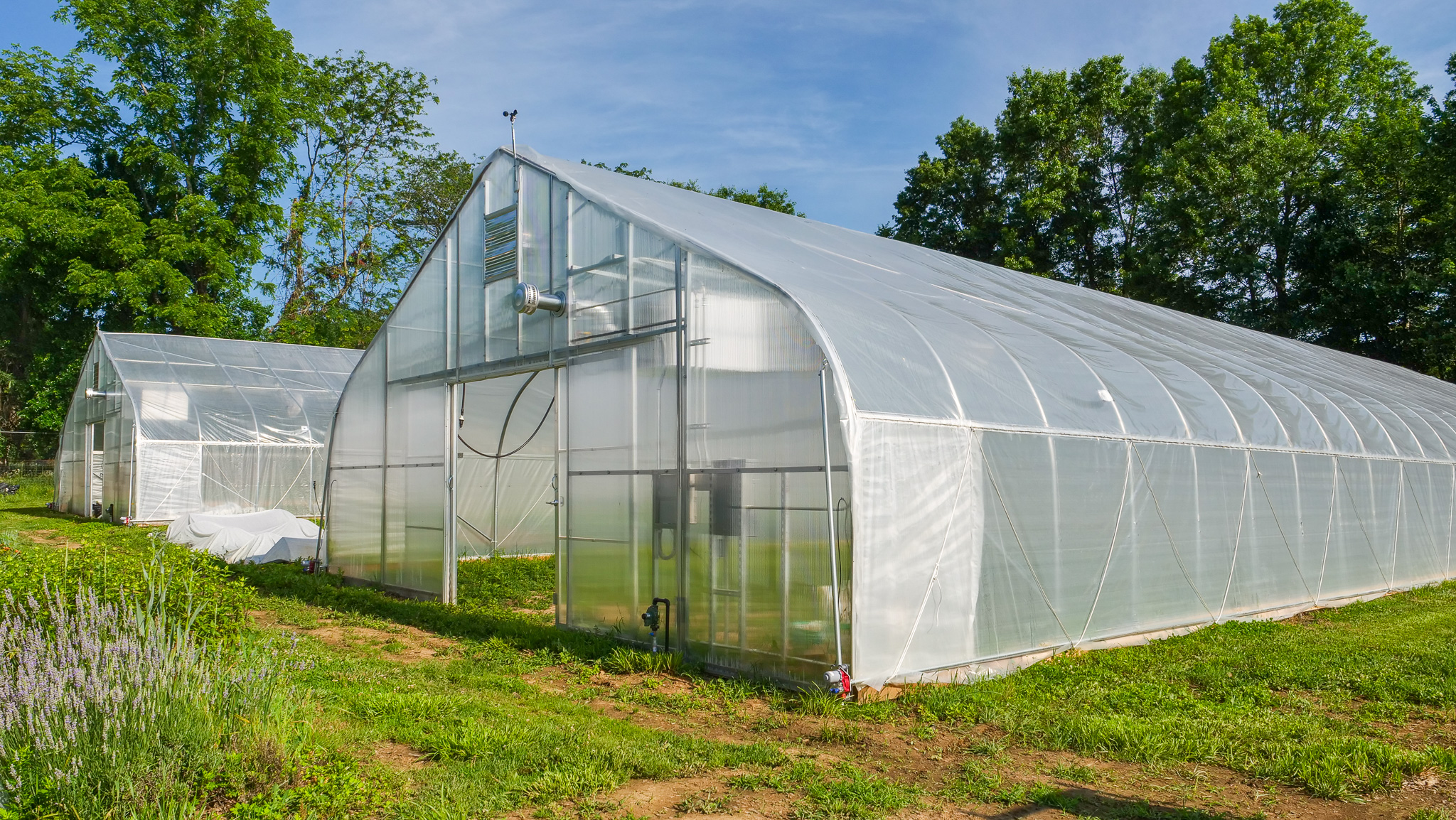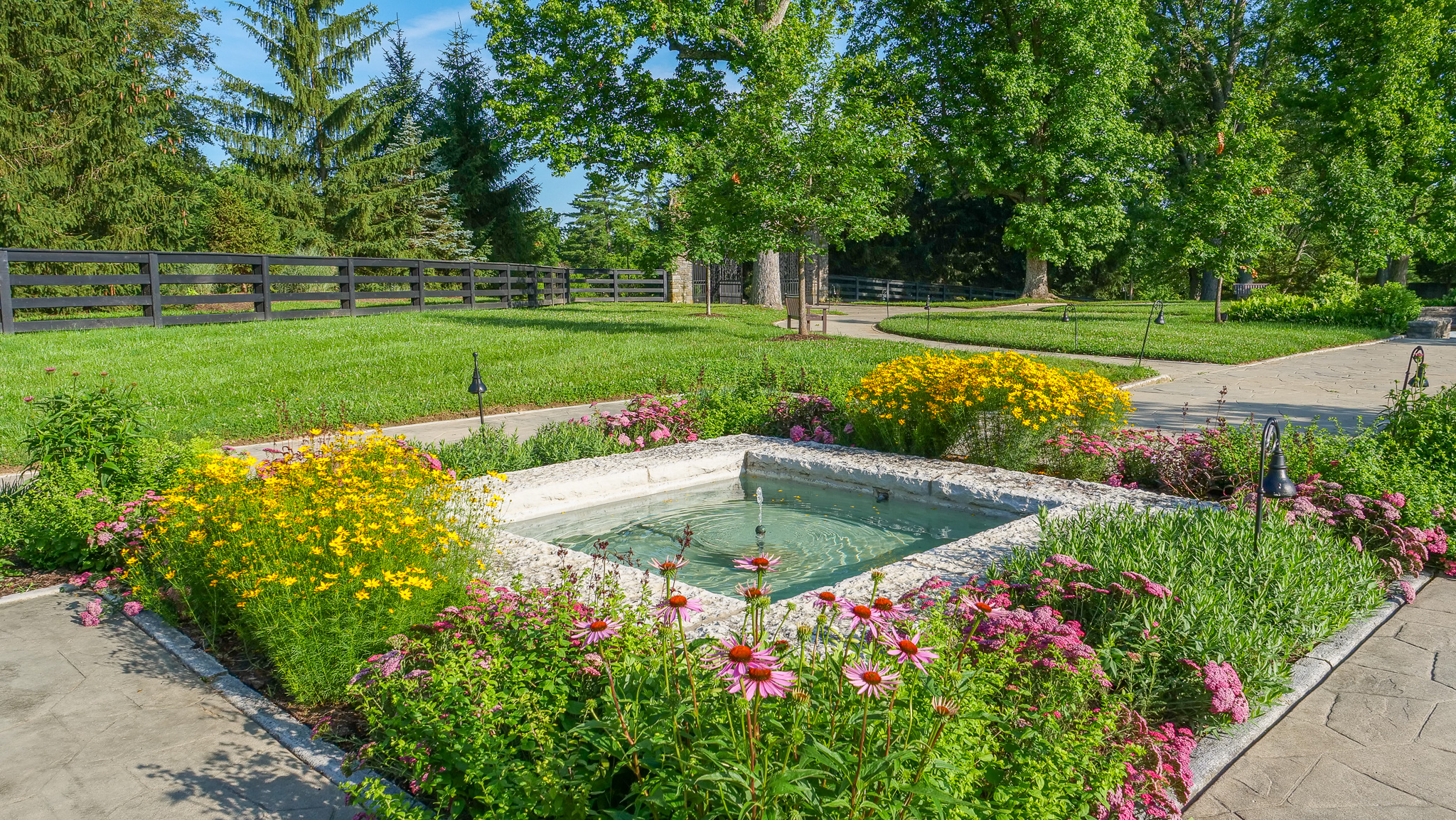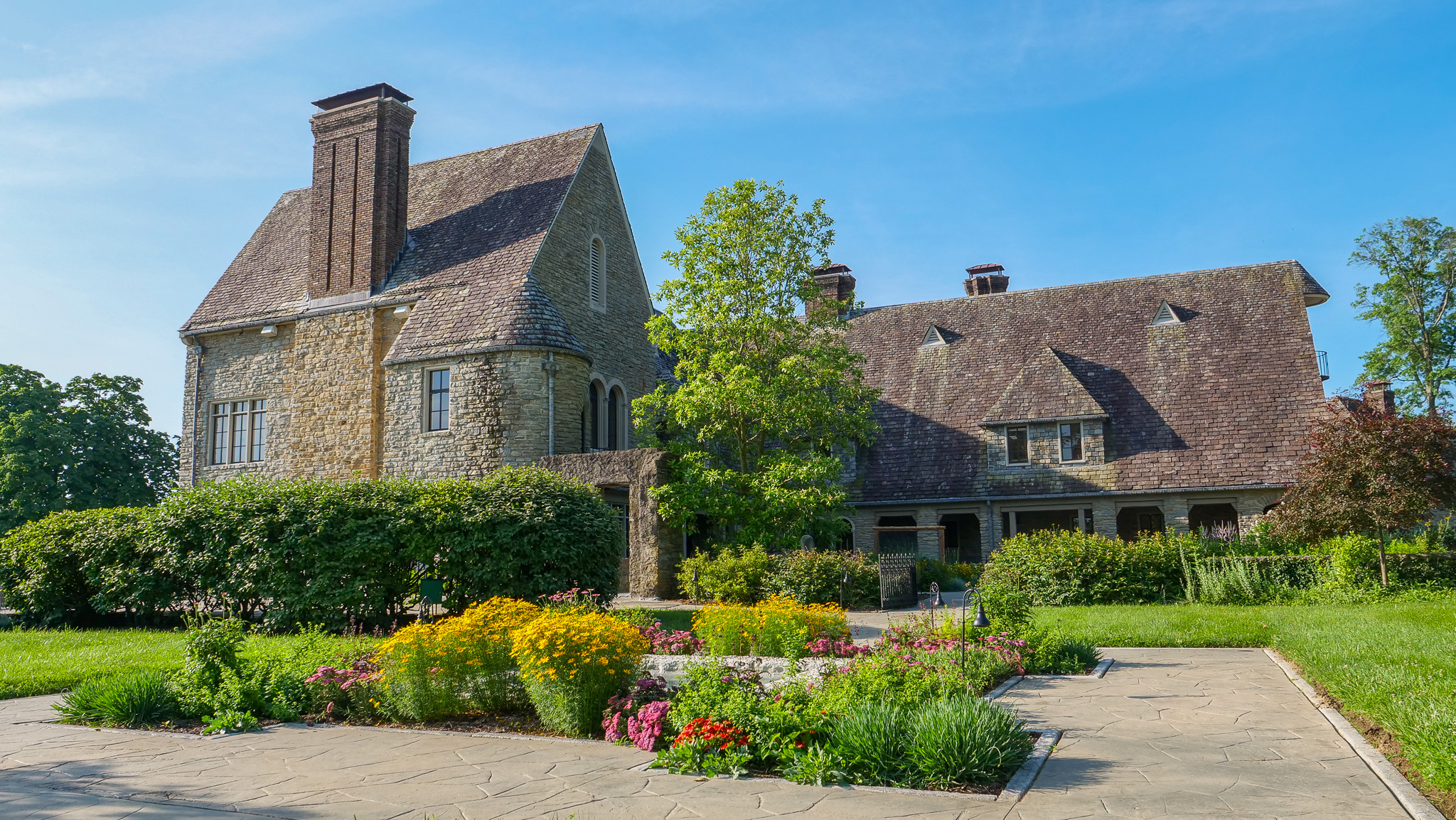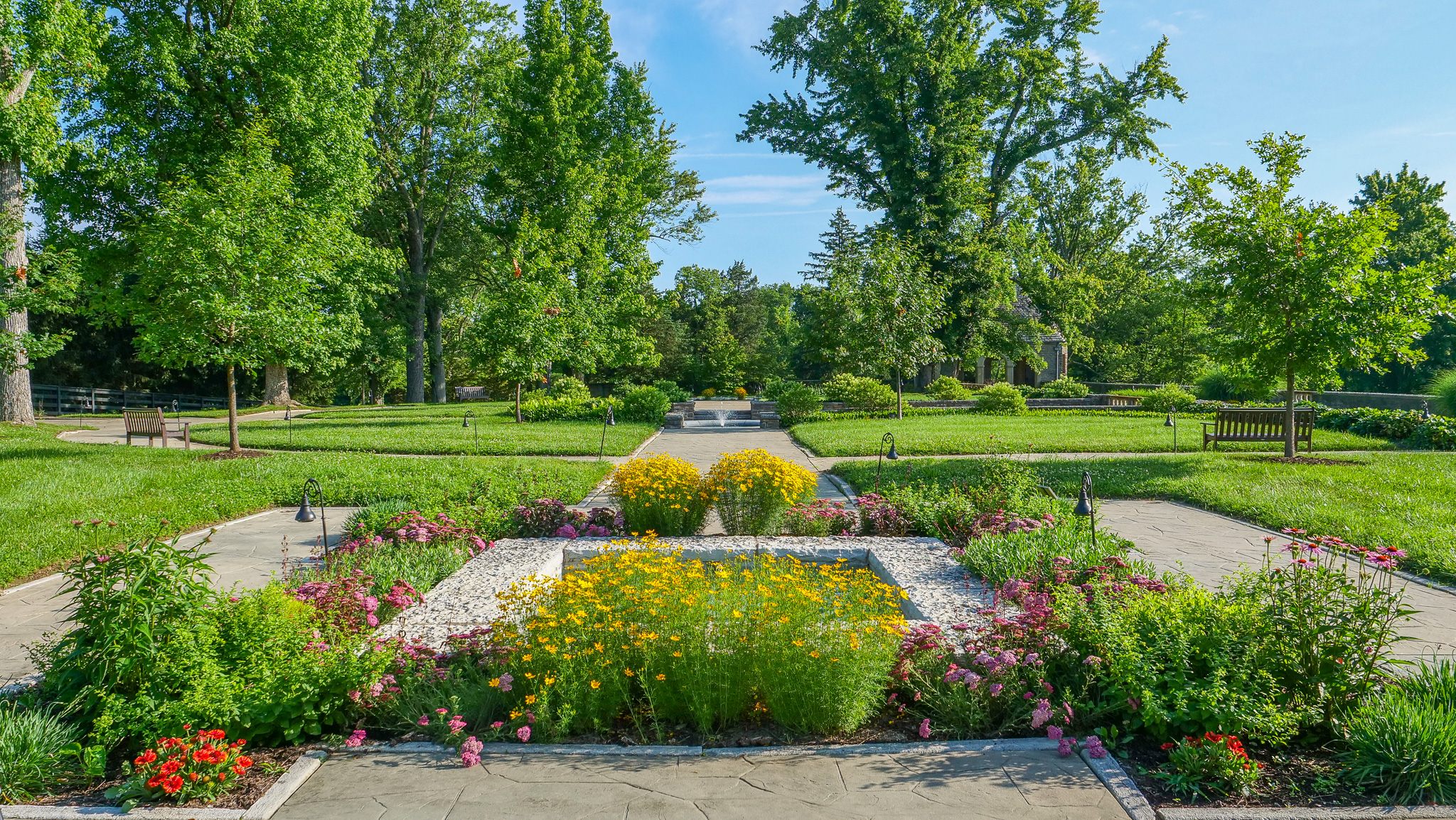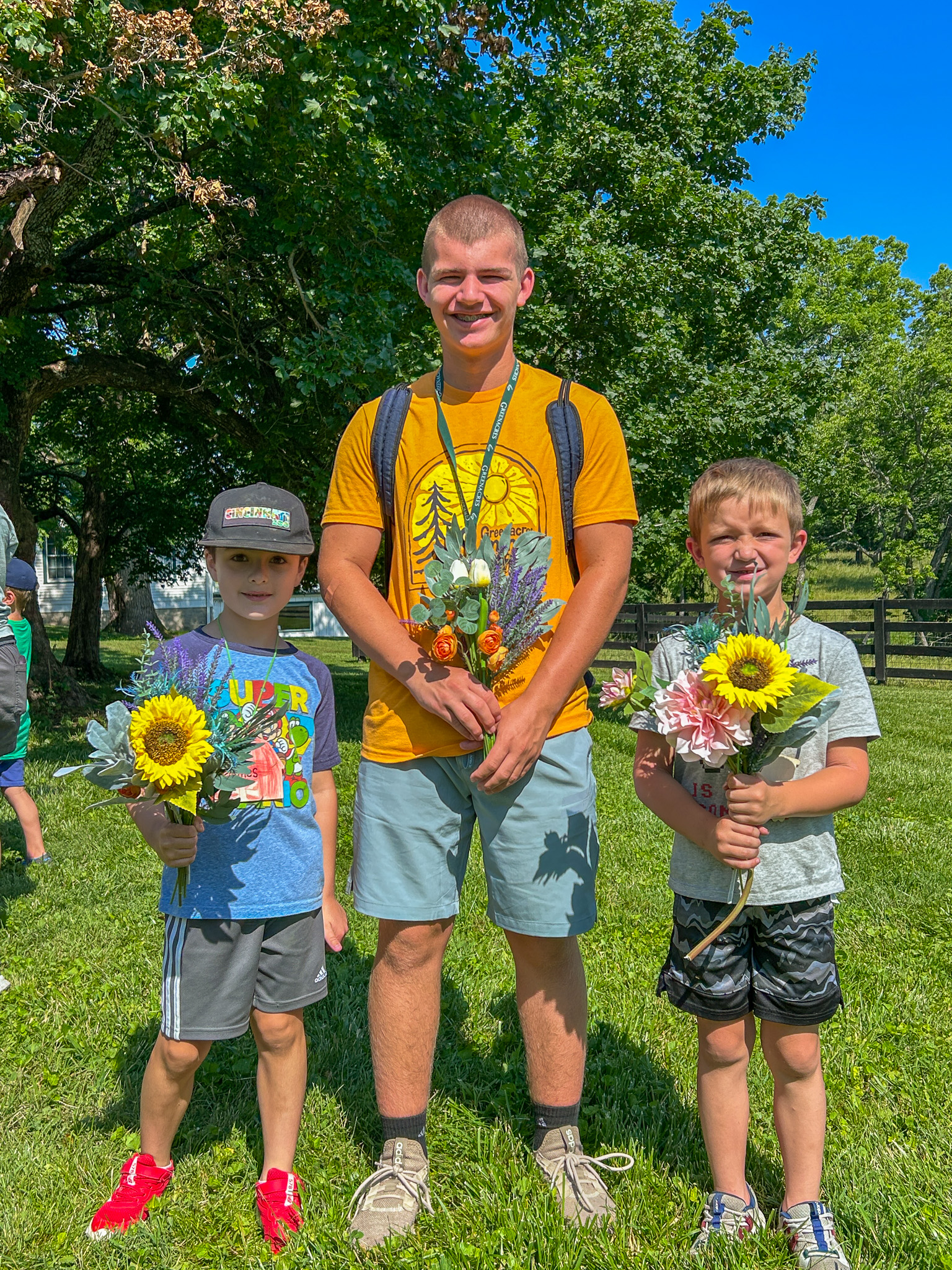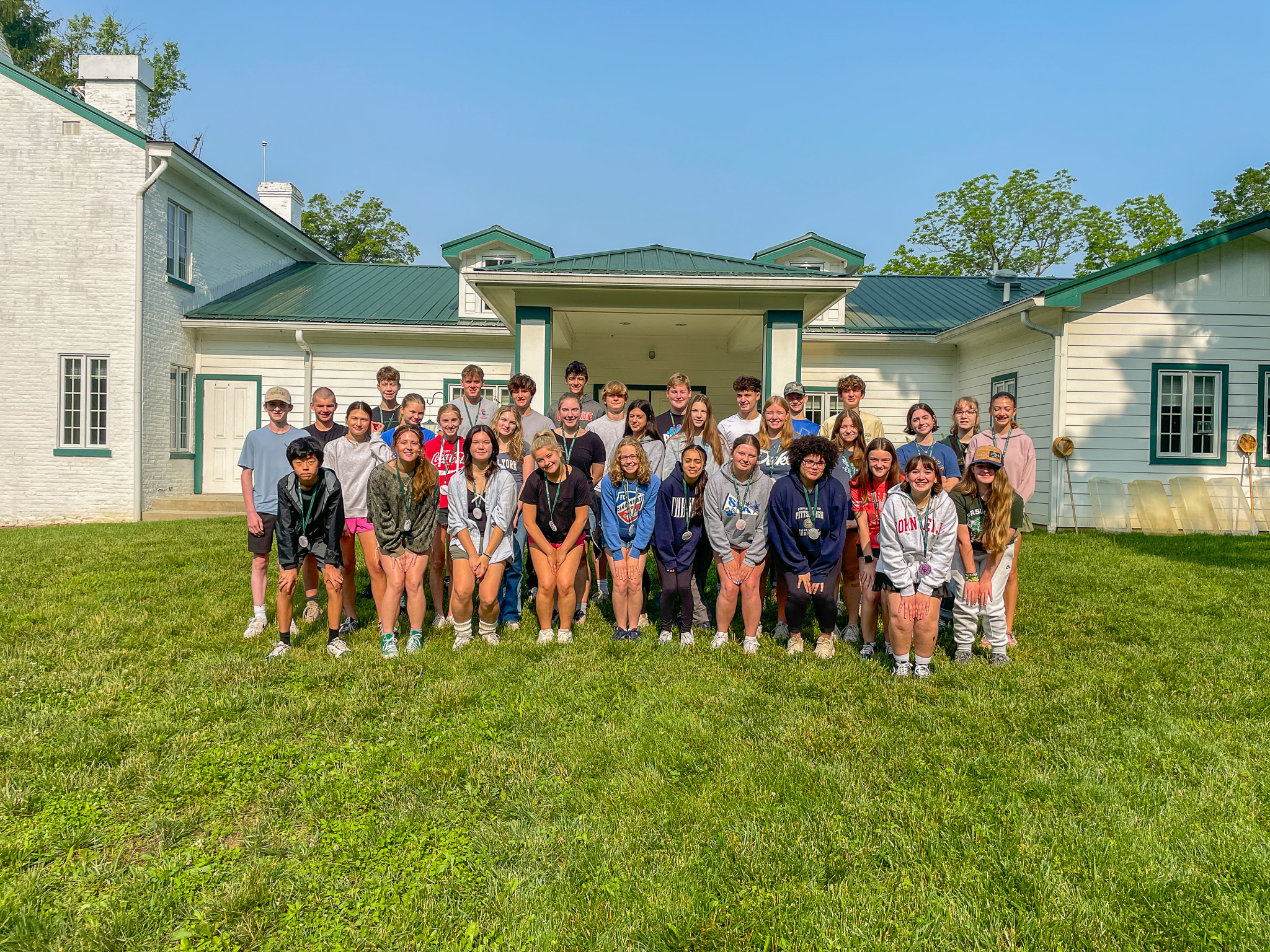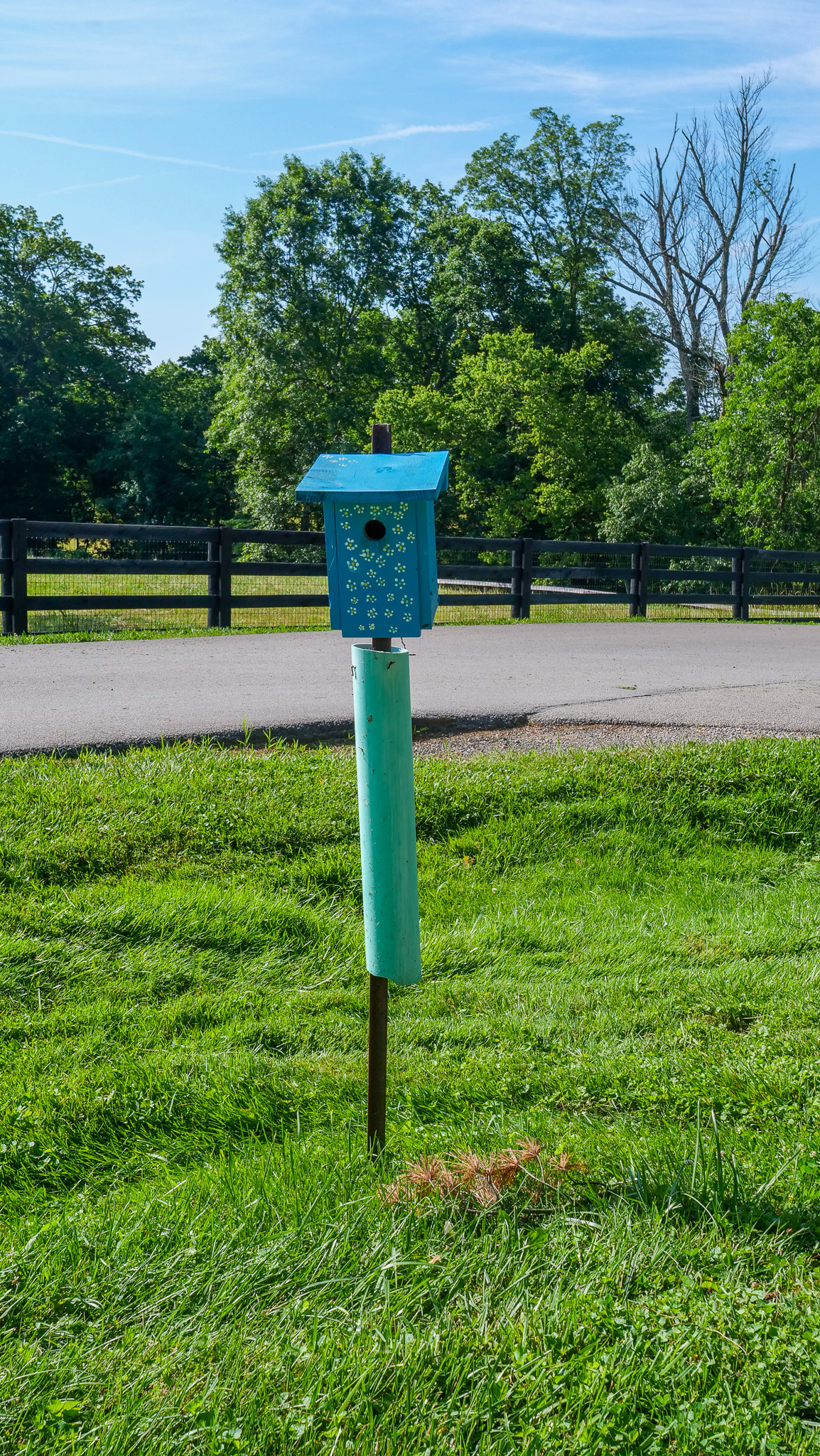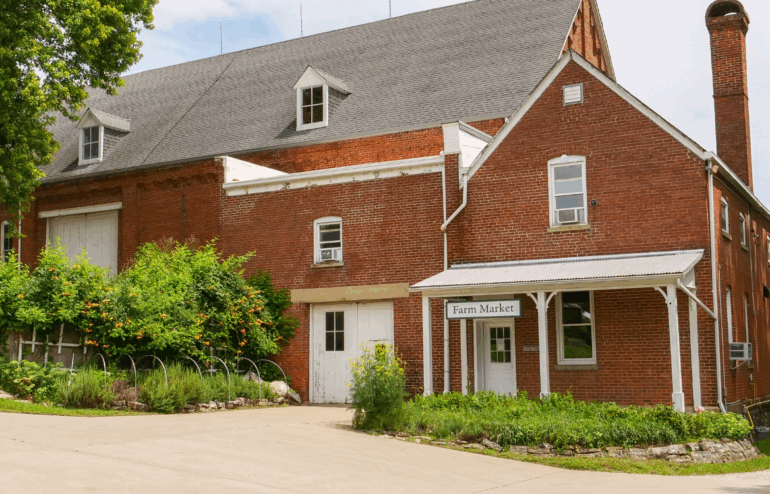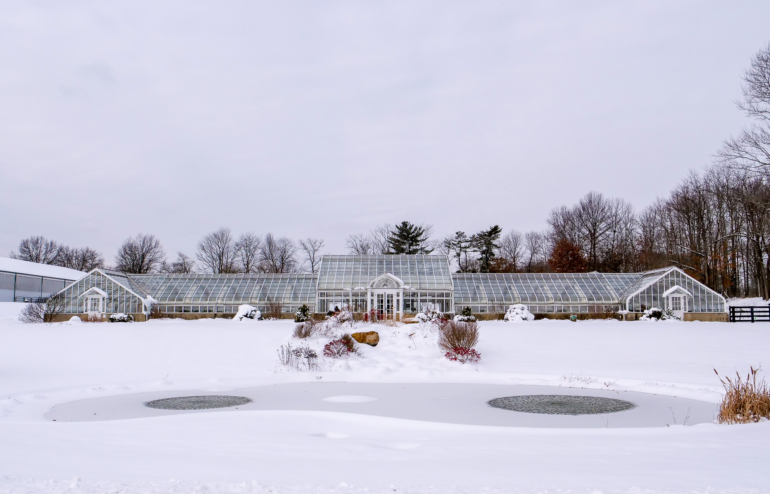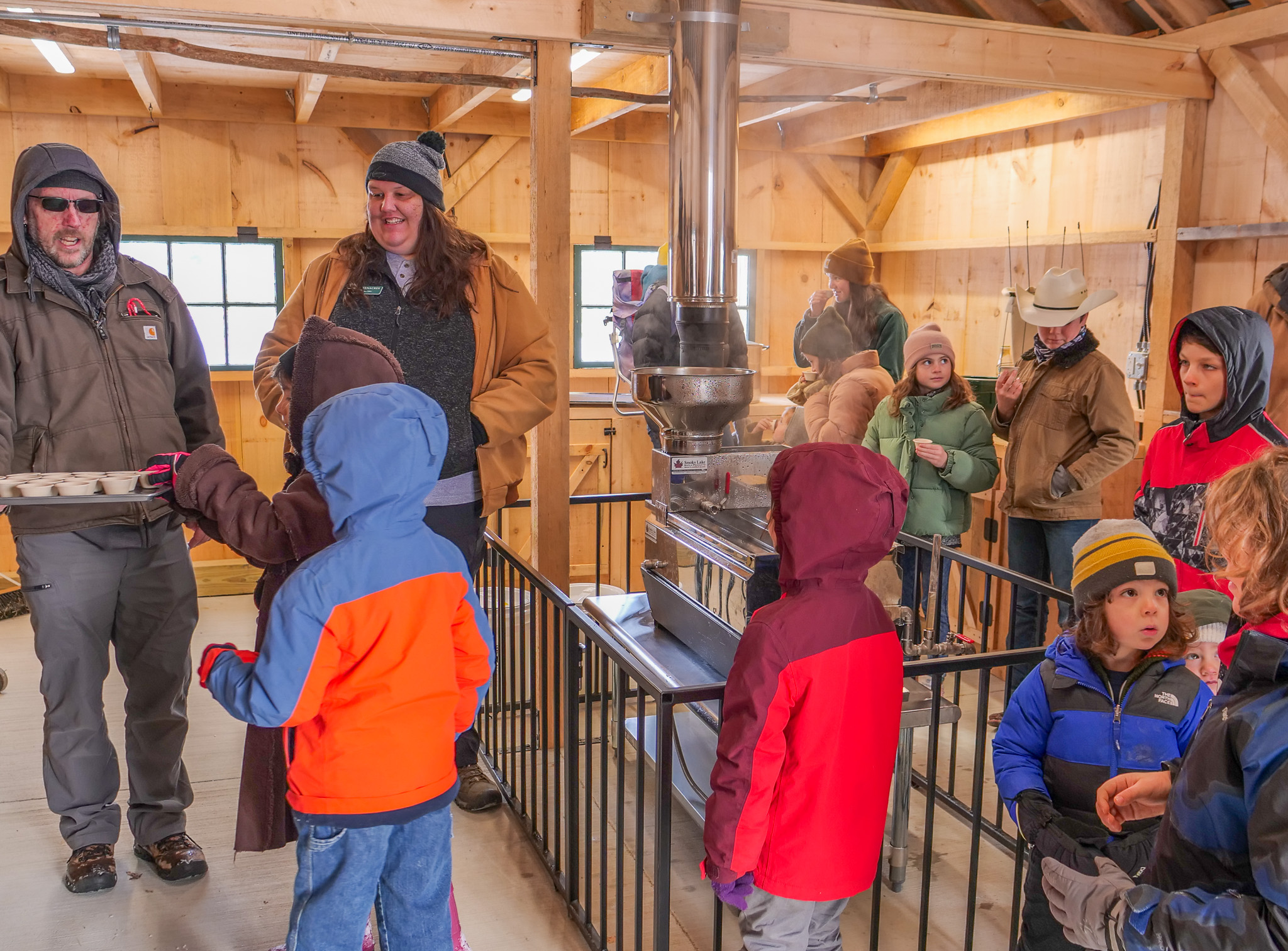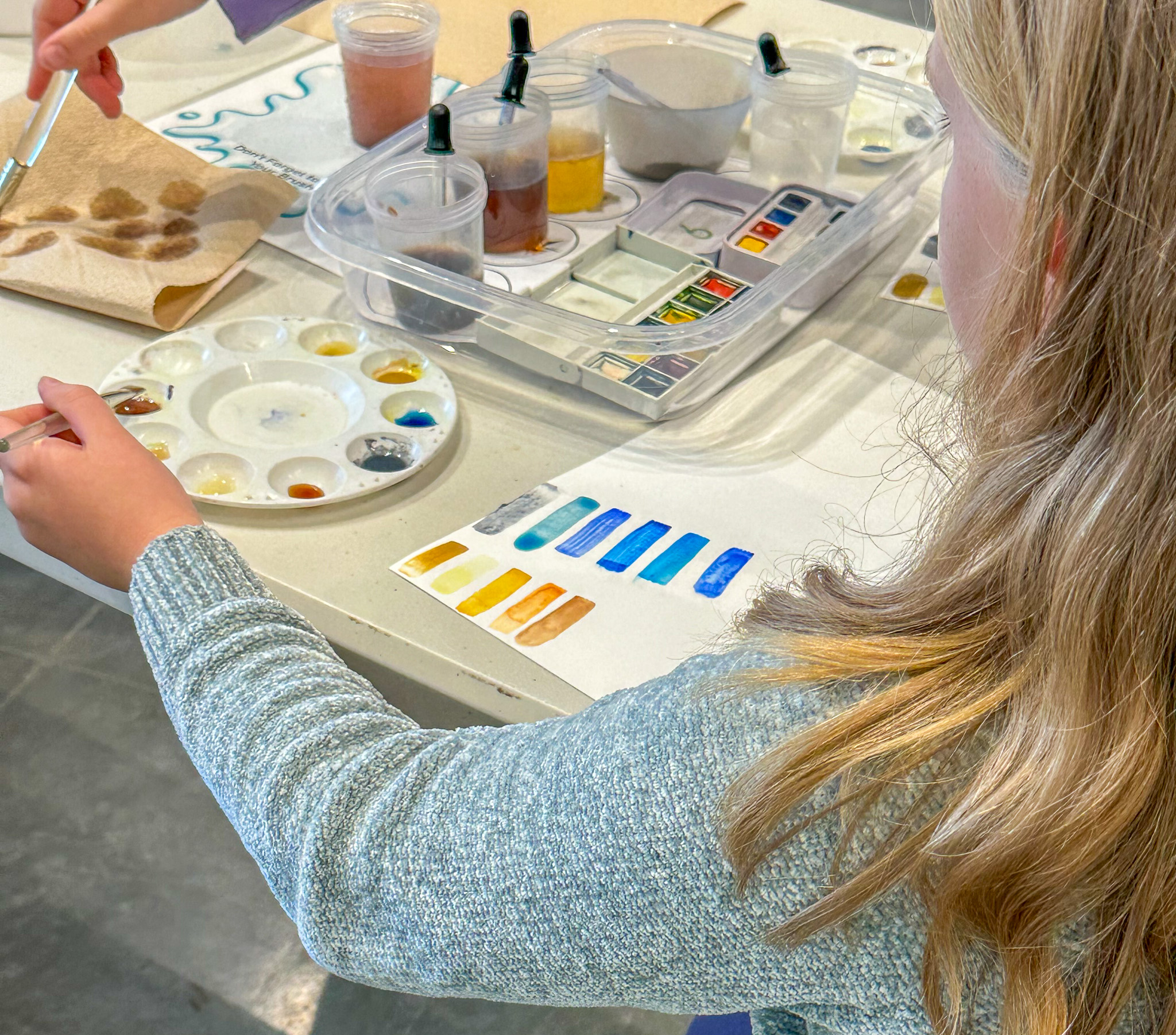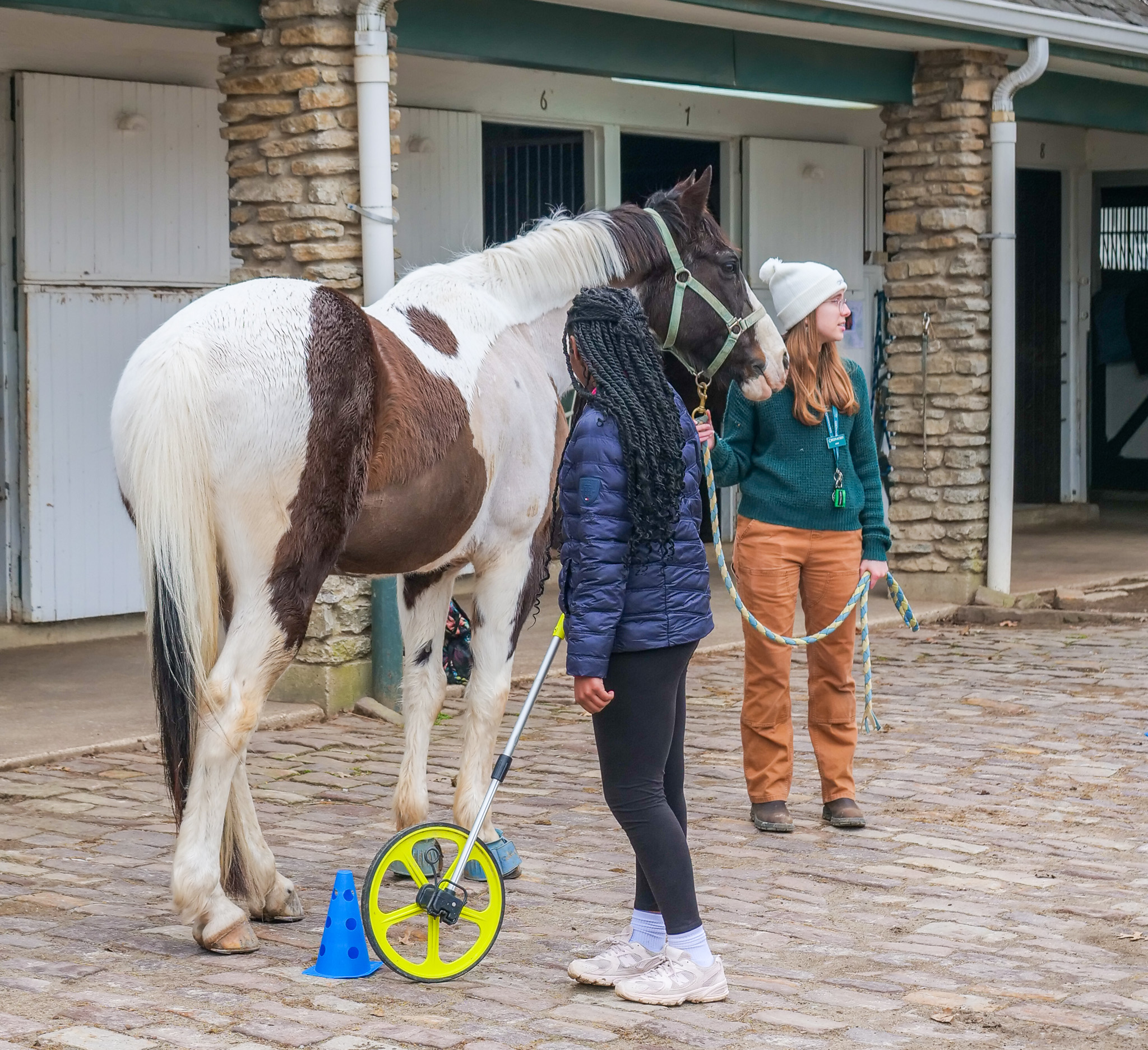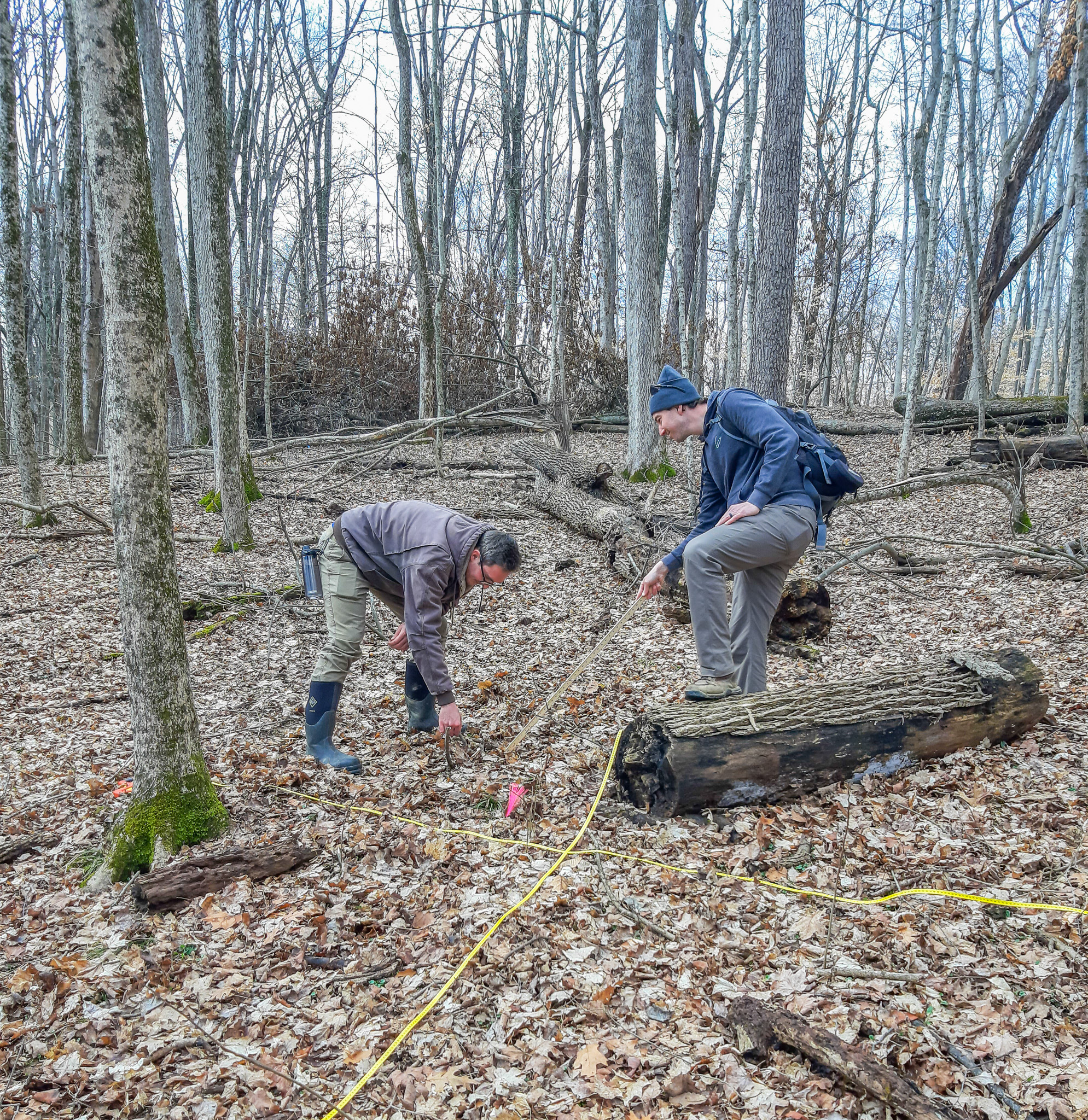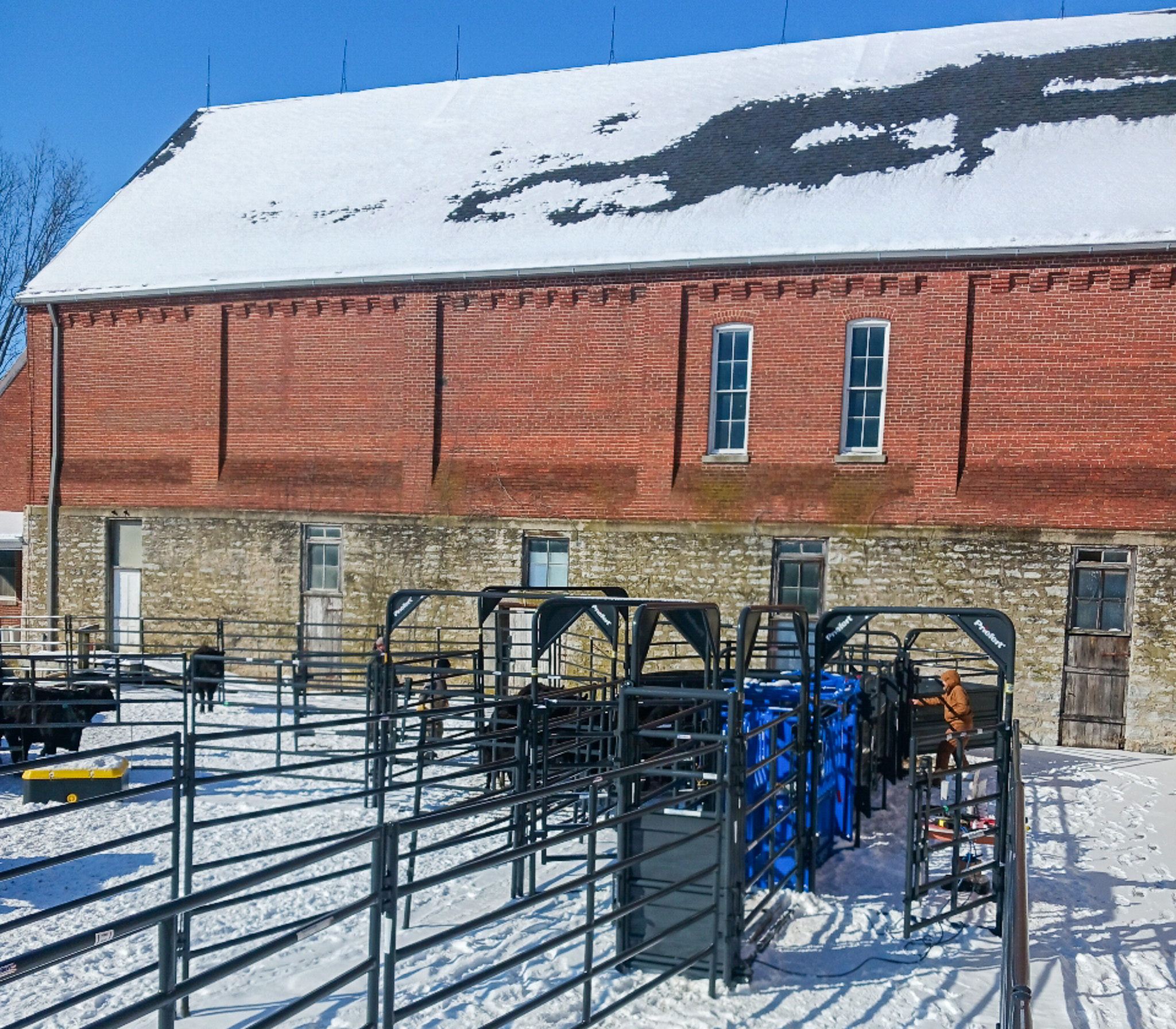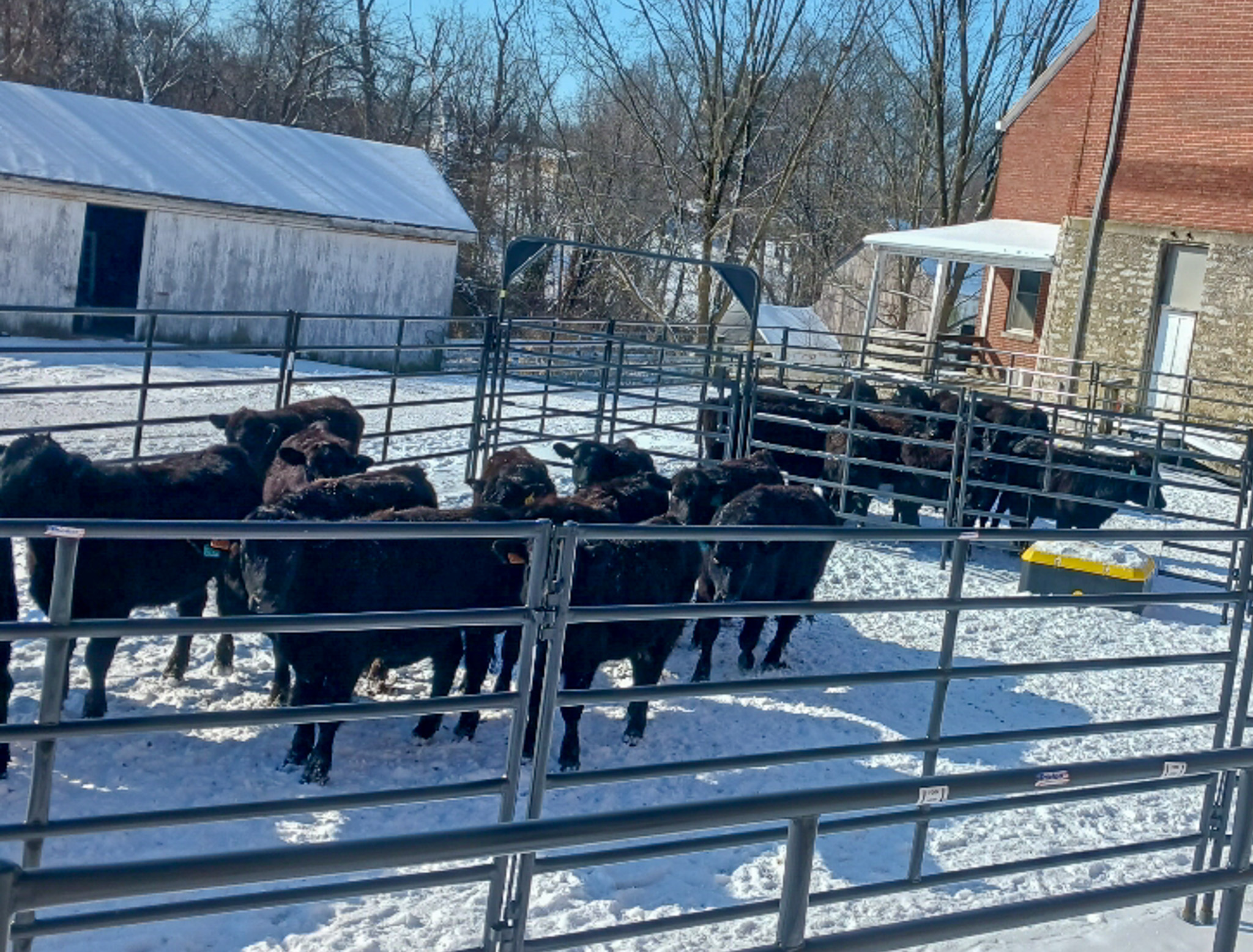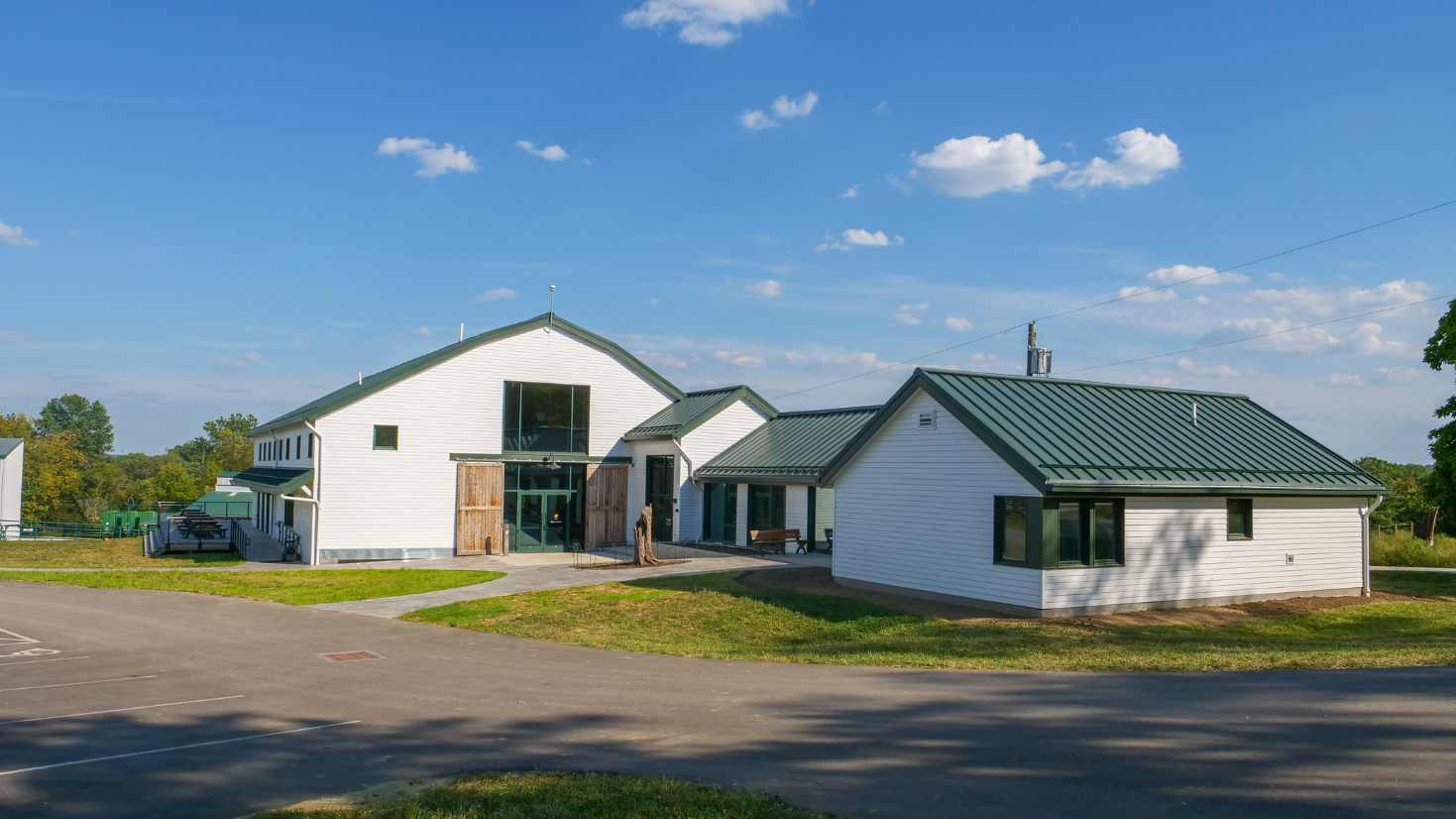
Indian Hill Product Availability
We are located at Greenacres Nippert Barn: 8300 Spooky Hollow Road, Cincinnati, OH 45242
You may shop in store or order in advance
Email us at farm@green-acres.org
or call us at 513-891-4227 then press extension 1
Regular Market Hours:
Tuesday – Friday: 10 am – 5 pm
Saturday: 9 am – 2 pm
Sunday – Monday: closed
Scroll below to see Greenacres featured events at Nippert Barn.
100% Grassfed, Grass Finished Angus Beef
Please note: All of our meats are frozen
- Back Ribs
- Beef Sticks (not frozen)
- Chuck Roast
- Filet Mignon
- Ground Beef
- Hanger Steak
- NY Strip Steak
- Ribeye Steak (bone-in, boneless)
- Rump Roast
- Shank
- Short Ribs
- Sirloin Steak
- Sirloin Tip Roast
- Tri Tip
Beef Offal:
- Liver
- Kidney
- Suet
- Tallow
- Tongue
Woodland Raised Pork
- Bacon (ends, jowl, slices)
- Chorizo (bulk)
- Ground Pork
- Ham (whole average 7-12 lbs)
- Ham Hocks
- Ham Slices
- Loin Chops (bone-in, boneless)
- Ribs (baby back)
- Shoulder Roast (Boston Butt approx. 2/lb)
- Whole Shoulder Roast (bone-in, boneless)
Pork Offal:
- Bones (neck, soup)
- Heart
- Leaf Fat
- Liver
- Rendered Lard
Pasture Raised lamb
- Bones
- Denver Rib Roast
- French Rib Chops
- Ground
- Leg (bone-in)
- Loin Roast (approx. 1/2/lb)
- Neck Roast
- Rib Chops
- Shank
- Stew Meat
Pasture Raised Chicken
- Backs
- Stewing Hens
- Whole Chicken (Heritage)
Eggs
Pricing is available in-store.
Our hens live outdoors on pasture in a fully mobile chicken coop that is regularly moved to fresh grass. They receive a corn- and soy-free supplemental feed, ensuring high-quality, nutrient-rich eggs. You can find our Pasture Raised Eggs in the Farm Market — and to learn more about our mobile chicken coop, click here to see a video!
Vegetables
- Turnips
Root Vegetables
- Beets
- Carrots
- Leeks
- Onions
- Radishes (watermelon)
- Sweet Potatoes
Leafy Greens and Herbs
- Curly Kale (green, red)
- Rainbow Chard
- Spinach
- Dried Herbs (cayenne, fennel, Italian blend, jalapeno, lavender, poultry blend, sweet basil)
- Dried Teas (Autumn Harvest, Oswego Blue, Summer Garden)
- Fresh Herbs (cilantro)

